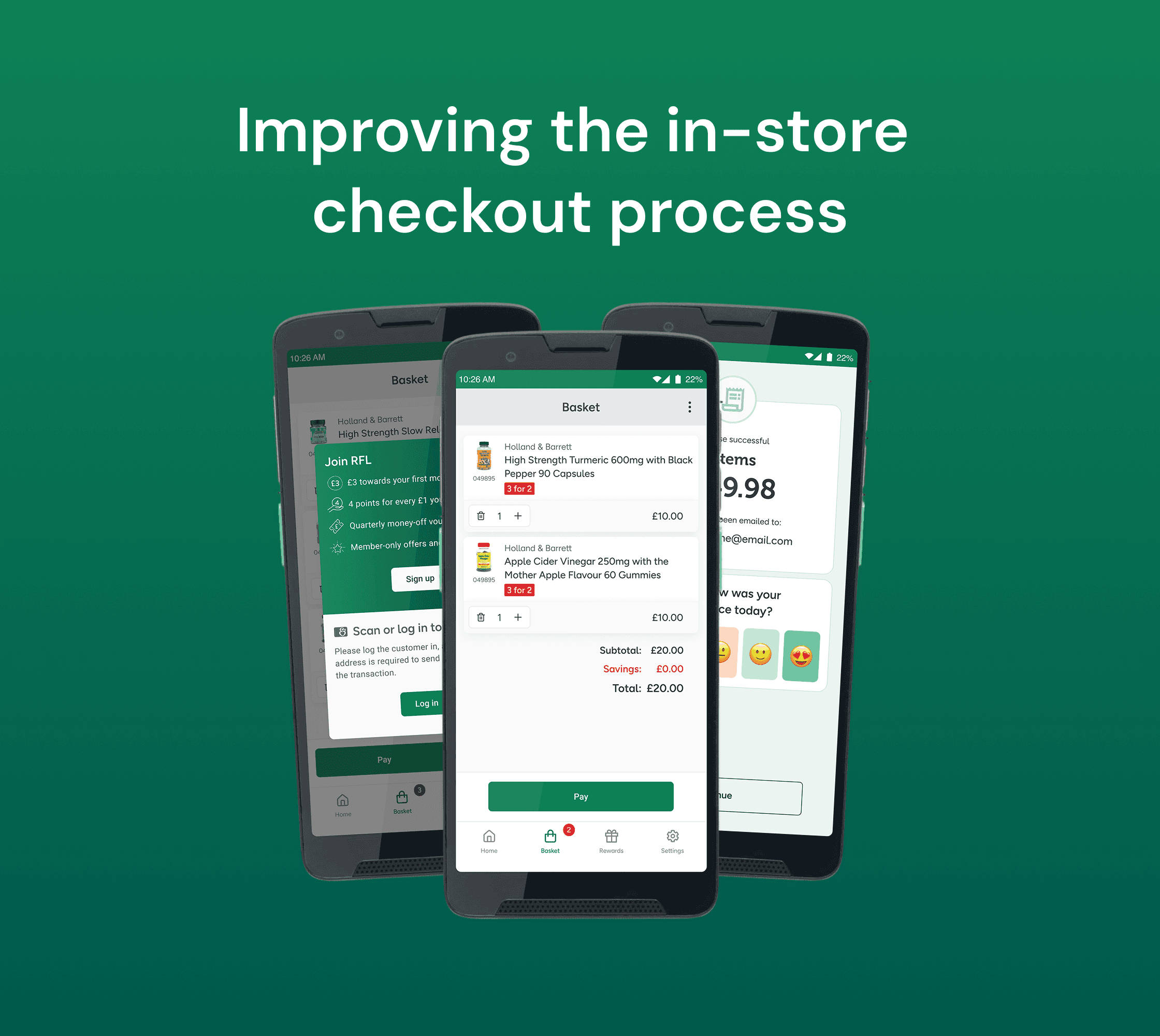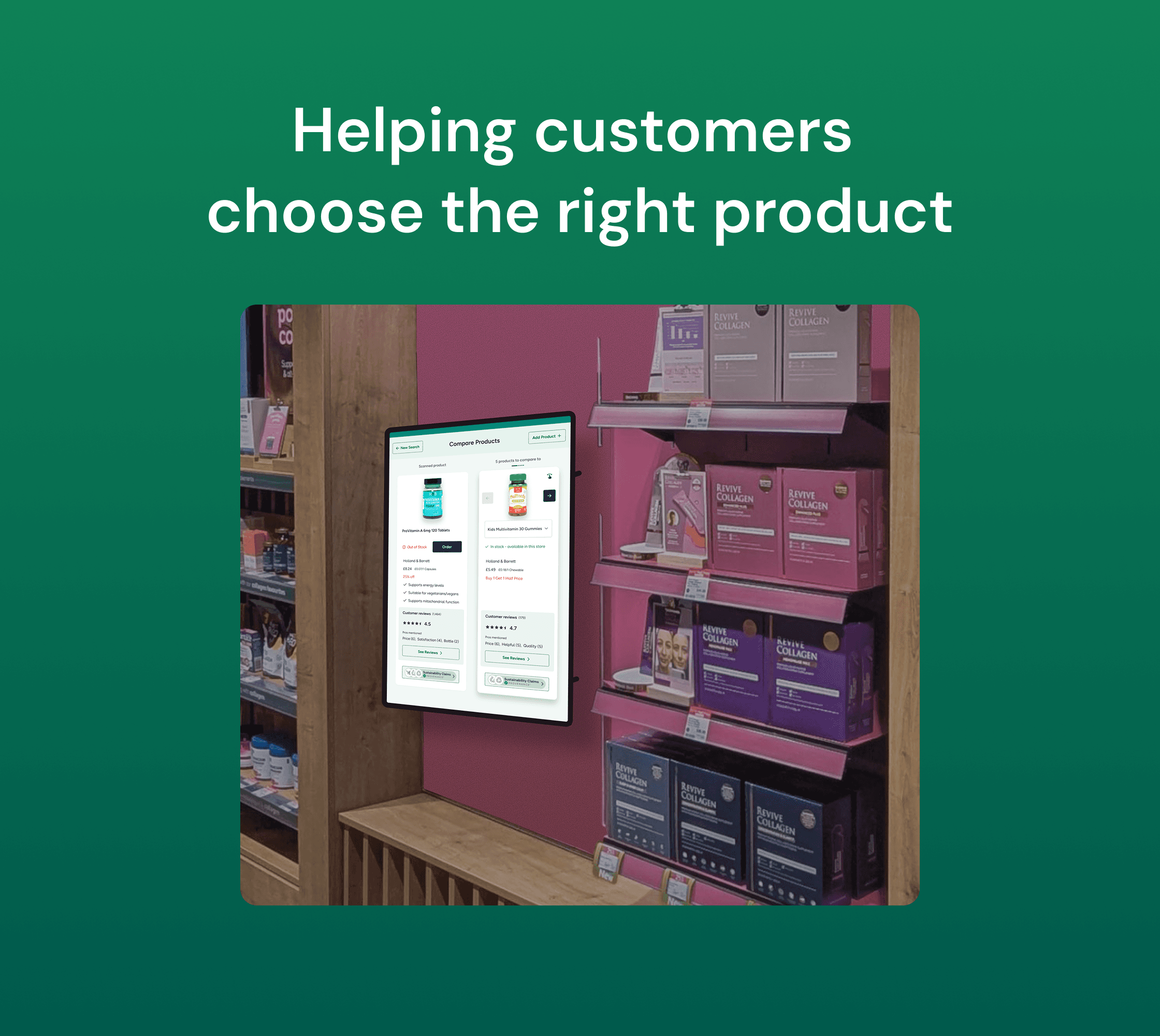The Product Information System project aimed to centralize and streamline how product data was managed across the organization. Previously, product information was scattered across multiple off-the-shelf tools, causing inefficiencies, data inconsistencies, and heavy administrative overhead. By developing a bespoke in-house system tailored to the company’s needs, the team set out to create a single source of truth for all product data - improving accuracy, speed, and collaboration between merchandisers and the master data team.
Role
Lead UX Designer
Skills
UX Design
Outcome
£40k per month saving and 50% faster product updates.
Date
2022
Process As part of the squad, I collaborated closely with the master data and development teams to ensure the new system was both intuitive and efficient for everyday users. My work included designing key user flows, wireframes, and interfaces aligned with the enterprise design system to maintain consistency. Through weekly cross-functional sessions and regular feedback from merchandisers, I helped uncover major pain points - such as redundant systems, slow updates, and inconsistent data - and used these insights to refine the design iteratively. By validating prototypes with end users, I ensured the final solution supported their core tasks effectively while significantly improving overall usability and workflow efficiency.
Outcomes The bespoke PIM system replaced a patchwork of third-party tools with a single, efficient solution - saving £40K per month, improving data accuracy and consistency across teams, and enabling 50% faster product updates that save merchandisers an average of 8 hours per week. This project demonstrates how user-centered design can drive both operational efficiency and significant cost savings.









